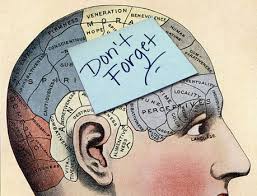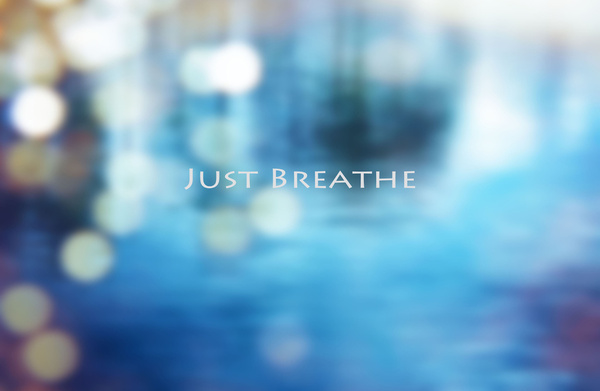As technology use increases, our memory decreases. There is a term for this – it’s called digital dementia, a term coined by neuroscientist Manfred Spitzer, who has written about how our cognitive abilities are breaking down, with our reliance on technology causing deterioration in brain performance, such as short-term memory dysfunction. People are relying on smart phones and other devices to remember information for them, which weakens the brain muscle, and can lead to short attention span, short term memory problems, and even emotional disturbances, like depression.
We need to rewire our brains to reverse this damage and keep our brains healthy. Here are some tips I personally use to keep the brain matter buzzing.
Write things down. I write in a daily diary at the end of the day, and make notes of things I may need to do for the next day. I also have a wall calendar where I note down my appointments, that I look at when I walk past it every day, which helps retain the information in my head.
Read a book – reading an actual book rather than a tablet has been shown to improve memory retention.
Learn a new language – this will make your brain work harder, which makes you smarter.
Learn an instrument – instruments require the use of both sides of the brain, which will help strengthen and balance.
Exercise – this increases blood flow to the brain, and accelerates the transport of nutrients.
I especially love jigsaws, and crosswords – really gives my brain a nice workout.
If we focus on disconnecting from technology, it will improve our brain health, emotional health, organisations skills, time management, and hopefully lead to better real-time connections with people, and places. Unplug, unwind, and remember…………..:).



